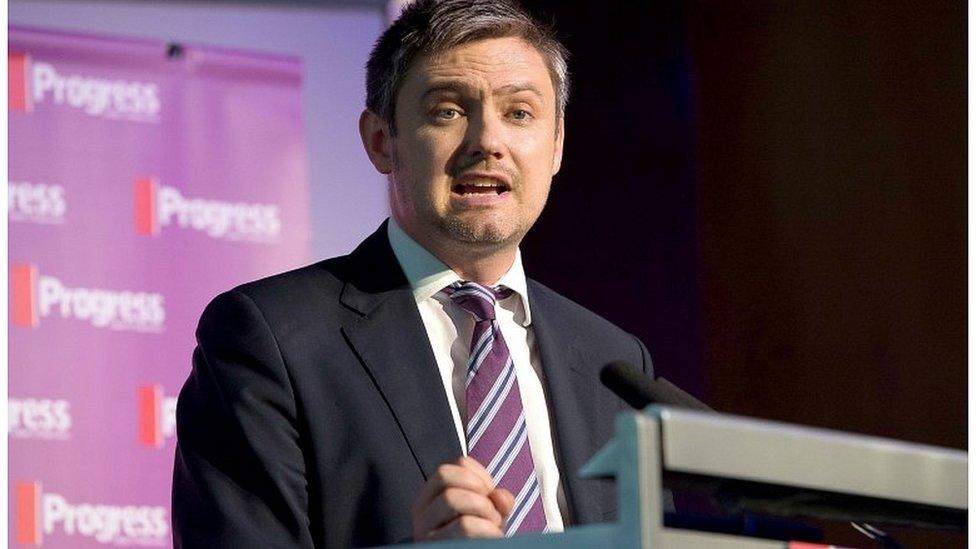Labour conference: Deselecting MPs made easier
- Published
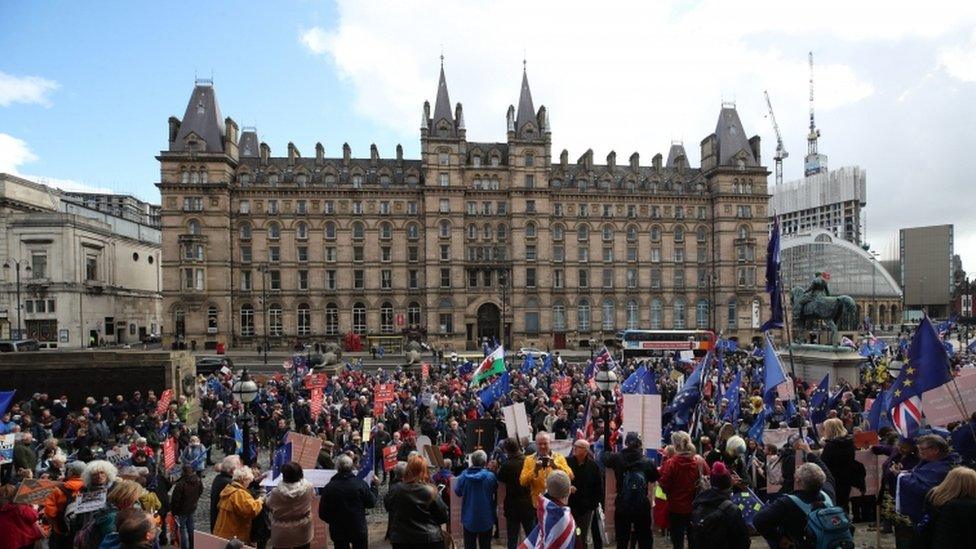
Labour's annual conference is taking place in Liverpool
Labour's annual conference has voted to make it easier for local party members to deselect sitting MPs.
As well as lowering the threshold for forcing MPs to fight open selection battles, delegates also backed reforms to the rules governing Labour leadership contests.
Both changes were comfortably backed at the party conference in Liverpool.
But Momentum, which had been pushing for more extensive changes, described the measures as "meagre".
The group, which was set up to support Jeremy Corbyn's leadership, backed the package as a compromise but said some key proposals had been "watered down or blocked", adding that the outcome "could have been much worse".
Until now, Labour MPs faced a reselection contest only if 50% of a constituency's local branches and affiliated unions voted for it in a "trigger ballot".
A proposal to cut this threshold to 33% won the backing of the party conference in Liverpool with 65% of delegates in favour.
The deselection campaign is seen by some Labour MPs as an attempt to "purge" critics of Jeremy Corbyn.
Two MPs on the right of the party - Frank Field, who quit the party's group in Parliament, and John Woodcock, who has resigned from the party - complained of a culture of bullying and intimidation in the party.
Those on the left of the party say they are out of step with the direction of Labour and point to the fact Mr Field lost a vote of confidence among members of his local constituency party in Birkenhead in July.
Other MPs including Kate Hoey and Gavin Shuker have recently lost no confidence votes, although these have no official force in the party and are not the same as "trigger ballots".
Supporters of the expected new rules say they will end the "job for life" culture, while others said they did not go far enough.
But calls during the debate for compulsory open selection contests before every general election were not heeded.
Conference delegate Steve Arloff, from Bradford West Labour Party, said Labour MPs should not assume they have "some God-given right to be selected unopposed, expecting it to be a job for life".
He went on: "Many sitting MPs who have lost the respect and confidence of local parties cling on to their positions in Parliament with scant regard for the people who work their socks off to put them there.
"Hundreds of thousands of us members demand that things are done differently."
Unite general secretary Len McCluskey explained his union's position by saying it wanted to offer 100% support to Mr Corbyn.
He said: "The proposition being put forward by our leader is something I am prepared to trust. There are certain MPs who are almost asking to be deselected.
"They really don't want to be part of this exciting transformation that is taking place."
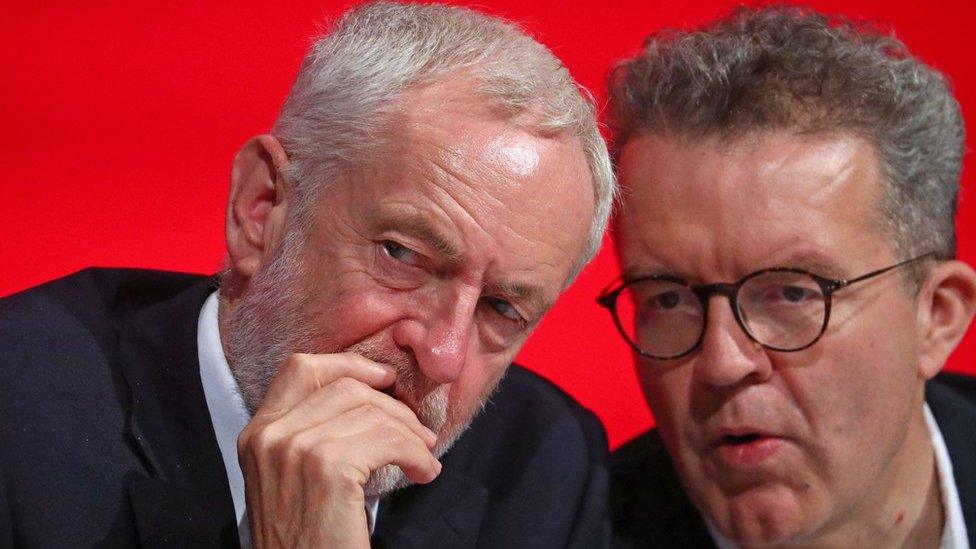
Jeremy Corbyn and Tom Watson pictured at the conference on Sunday
Earlier, deputy leader Tom Watson told Sky News's Ridge On Sunday that mandatory reselection would be "very destabilising for the party".
"We are potentially close to a general election, maybe any day," said Mr Watson.
"What we don't want is MPs having to defend their positions in their local areas when they could be campaigning in Parliament for social policy that affects the many, not the few."
The rule change for future leadership contests does not alter the 10% threshold for the number of MPs' nominations which a candidate must gather to get on to the ballot paper.
But it also requires them to get the backing of 5% of constituency parties or 5% of members of trade unions or affiliated organisations.

Analysis
By Iain Watson, BBC political correspondent
So what was Sunday's row over MP deselections at the Labour Party conference really all about?
First, it speaks to the increasing tensions within the party's left wing on how best to solidify the changes Jeremy Corbyn has introduced.
But what upset many left wing delegates was what they saw as an old fashioned stitch-up worthy of the Blair era.
They were given a straight choice between accepting or rejecting the NEC compromise - and no opportunity to vote for open selections.
Which brings us to the second point: the row tells us that there are now far more delegates on the left of the party than in previous years, even after Jeremy Corbyn became leader.
- Published23 September 2018
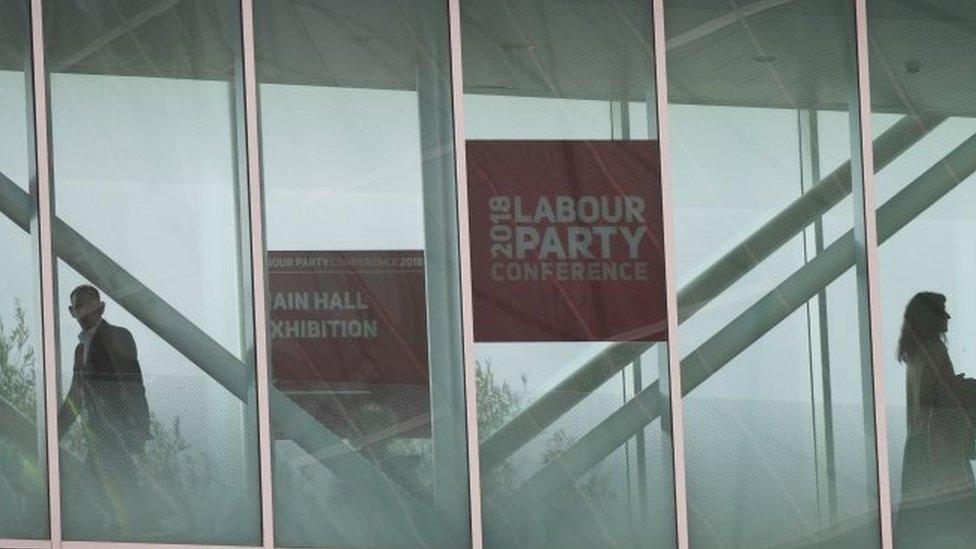
- Published22 September 2018
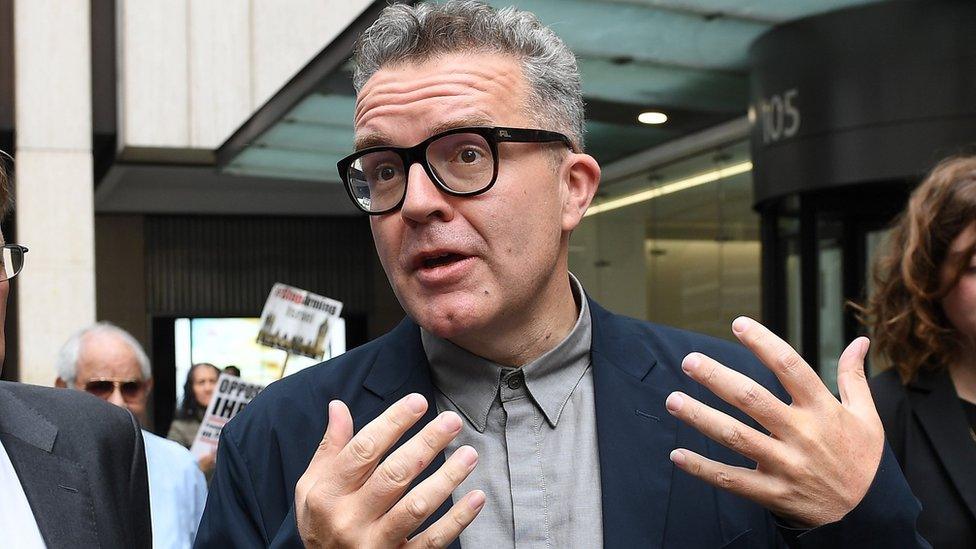
- Published30 August 2018
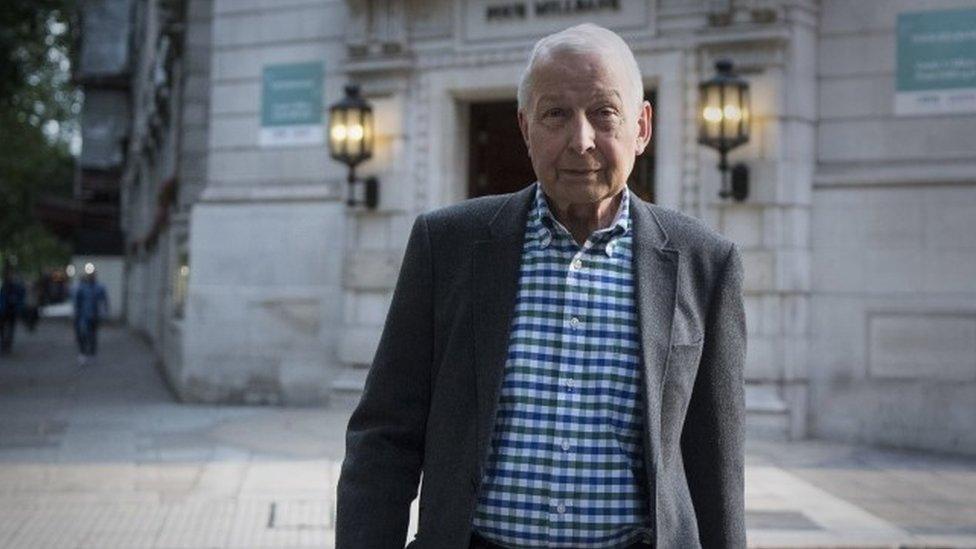
- Published18 July 2018
